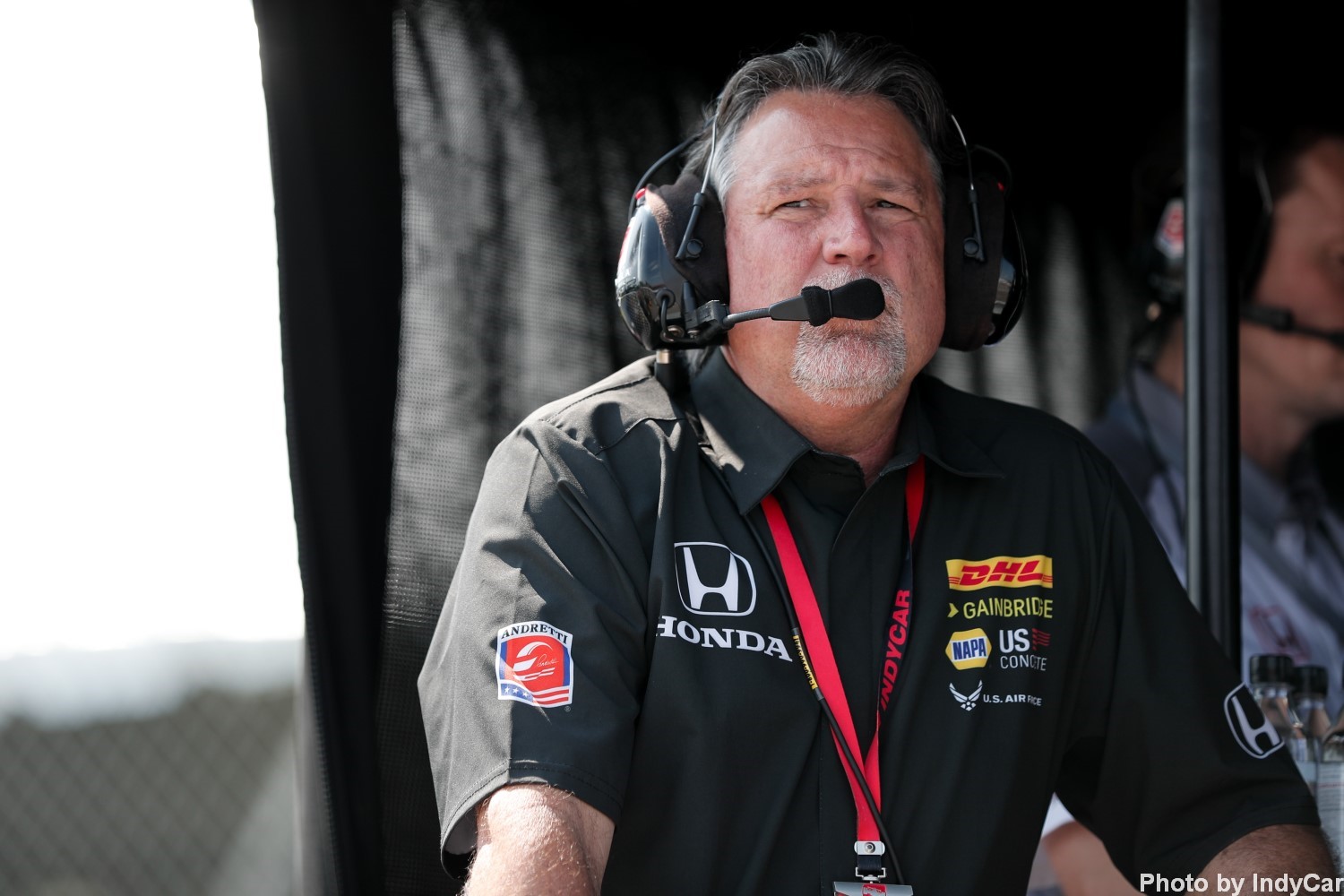F1: Haas accused of violating sanctions doing business with Russian Arms industry (Update)
(GMM) Gene Haas, owner of the American Formula 1 team that bears his name, has found himself at the center of a controversy relating to the Russia-Ukraine crisis.
That is despite the fact that team boss Gunther Steiner ousted both Nikita Mazepin and his Putin-linked father Dmitry from the F1 team at the outbreak of the concept over a year ago.
“I don’t need any of this,” Steiner was heard saying in Drive To Survive.
“I’m done with Russians until I go from this planet.”
But Newshour, an evening news program on the American public broadcaster PBS, alleges that 70-year-old Gene Haas’ machine tool company Haas Automation may in fact be in violation of sanctions designed to “choke Russia’s war effort against Ukraine”.
Correspondent Simon Ostrovsky said a key Russian weapons manufacturer RATEP builds guidance systems for anti-aircraft weapons “using equipment made by California-based industrial manufacturing giant Haas Automation”.
Citing US government documents, he said the relationship “may represent a breach of American sanctions”.
“We were surprised that, even now, one year after the beginning of the full-scale Russian invasion, Haas Automation is continuing its direct shipments to Russia,” said Denys Hutyk, who is on Ukraine’s economic security council.
PBS also alleges that Haas actually supplies “multiple Russian weapons manufacturers” with similar machines.
Haas Automation denies the charges.
“Haas no longer supplies machines, replacement parts, or anything else to any companies in Russia,” said vice-president Peter Zierhut. “Statements to the contrary are false.”
Despite the denials Newshour claims to have proof.
Haas F1 Team Statement
On Tuesday, March 14, PBS ran a story alleging that our team partner, Haas Automation, had directly provided machines and parts to Russia in violation of U.S. export control and sanctions regulations.
As per Haas Automation’s company statement – that story is simply false, both in its overall impression and in many of its particular statements.
Key Points:
- Haas Automation is and has always been in full compliance with U.S. Government export control.
- No machines have shipped from the Haas Automation factory to Russia since March 3, 2022.
- The 18 machines referenced in the story left the Haas Automation factory prior to the Russian invasion of Ukraine.
- Haas Automation voluntarily chose to terminate its relationship with the Russian distributor, which has never been required by any U.S. sanctions.
- Haas Automation completely supports Ukraine and its people in their defense against Russia.
On March 3, 2022, shortly after the Russian invasion of Ukraine, Haas Automation terminated, in its entirety, its relationship with its sole existing independent distributor for Russia and Belarus, Abamet Management. Since that date, Haas has not sold or shipped any machines, parts, or software to Abamet or anyone else in Russia. This crucial fact was made clear to the PBS reporter before the story was aired.
Haas Automation has been manufacturing machines for more than 30 years, and there are more than 200,000 Haas machines currently in use throughout the world. Throughout that period, Haas has been a strict adherent to all U.S. export control and sanctions regulations, and an even stronger supporter of the U.S. policy goals many of those regulations are designed to address.
The full statement from Haas Automation is available on the company website: www.haascnc.com.
March 15, 2023
This PBS article accuses Haas Automation (yes, the same Gene Haas that owns the Haas F1 team) of breaking USA Russian Sanctions by supplying the Russian military with machinery to make bombs and other war equipment.
Denys Hutyk is an expert consultant with the Economic Security Council of Ukraine, or ESCU, the group that filed the paperwork with the U.S. government agencies that oversee sanctions compliance.
It alleges that Haas is doing business with the Russian arms industry through Abamet Management LTD., a company in Russia that is its official distributor in Russia and Belarus.
The ESCU said it spent months combing through Russian government procurement databases and customs records to establish that Haas, the largest machine tool builder in the Western world, supplies multiple Russian weapons manufacturers with sophisticated equipment known as computer numerical control machines, or CNC.
They’re so good, in fact, that the U.S. military also uses lathes and mills produced by Haas.
Haas vice president Peter Zierhut denied the company was still doing business in Russia.
In a written statement, he told “NewsHour” that Haas had cut ties with its Russian distributor on March 3 of last year, just a week after Russia’s full-scale invasion of Ukraine began.
The e-mail reads:
“Haas no longer supplies machines, replacement parts, or anything else to any companies in Russia. Statements to the contrary are false.”
But the authors investigation puts that account into doubt. Customs records reviewed by “NewsHour” show that shipments continued for months after Russia’s invasion began. At least 18 shipments were made to Russia directly from Haas worth $2.8 million from March 4 through October of last year. Sanctions or no, Russia’s arms industry depends on technology developed in other countries.
Agiya Zahrebelska is the head of the sanctions department on the National Agency on Corruption Prevention, the Ukrainian government body that sets sanctions policy. She told the “NewsHour” the problem was much wider than just Haas. Germany’s Siemens and Japan’s DMG Mori are also computer numerical control machine tool manufacturers Ukraine believes to be key to the continuing function of Russia’s arms industry.
Agiya Zahrebelska, National Agency on Corruption Prevention: Approximately 70 percent to 80 percent of a Russia machine industry is Western machine, is imported machine.
You have no guided missile, you have no tank, you have no rifle, a simple rifle, if you have no CNC machine.
According to Zahrebelska, at least two sanctioned entities have displayed Haas equipment in their own promotional materials, including the Vektor Research Institute in St. Petersburg, which helps manufacture satellites likely used to track ships, aircraft, and ground vehicles during Russia’s invasion of Ukraine.
Another is the Scientific Research Institute of Electrical Carbon Products in the Moscow region, which makes satellites and electronics. That’s in addition to the footage from RATEP we showed at the beginning of this report, which a Russian television channel first broadcast just three months ago.
The Ukrainian authorities further believe Haas continues to help maintain the equipment already sold to Russian defense firms with spare parts and software updates.

